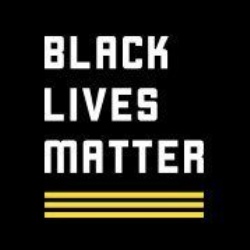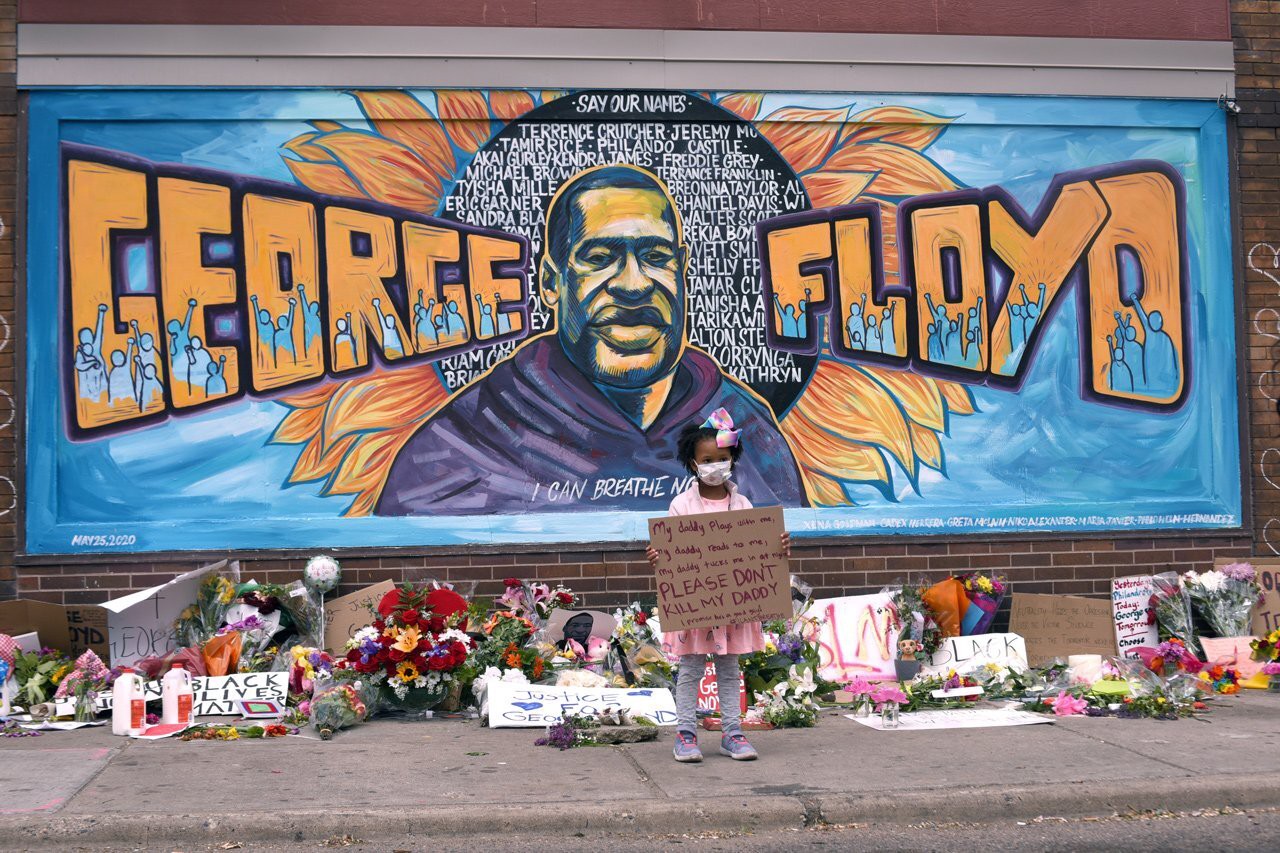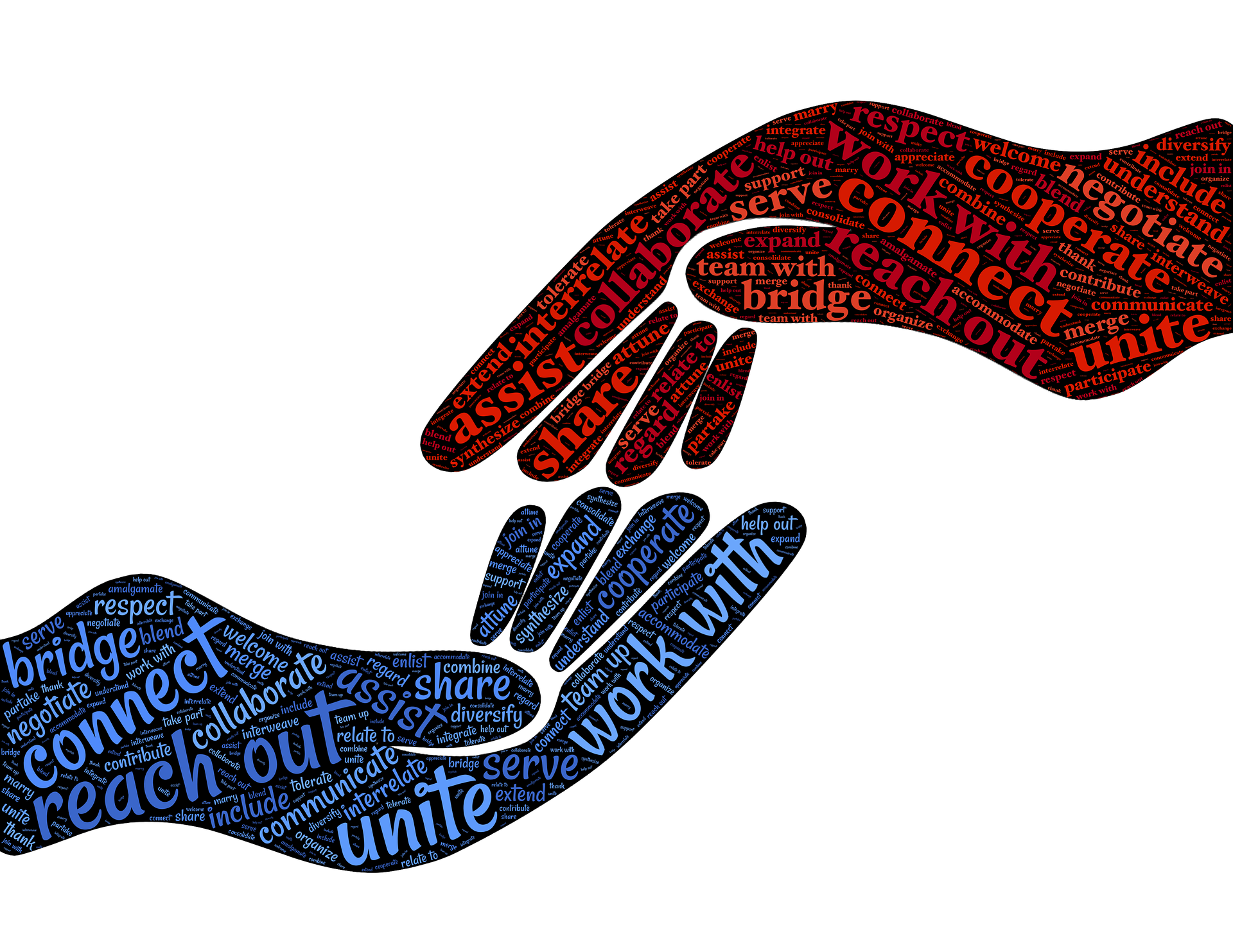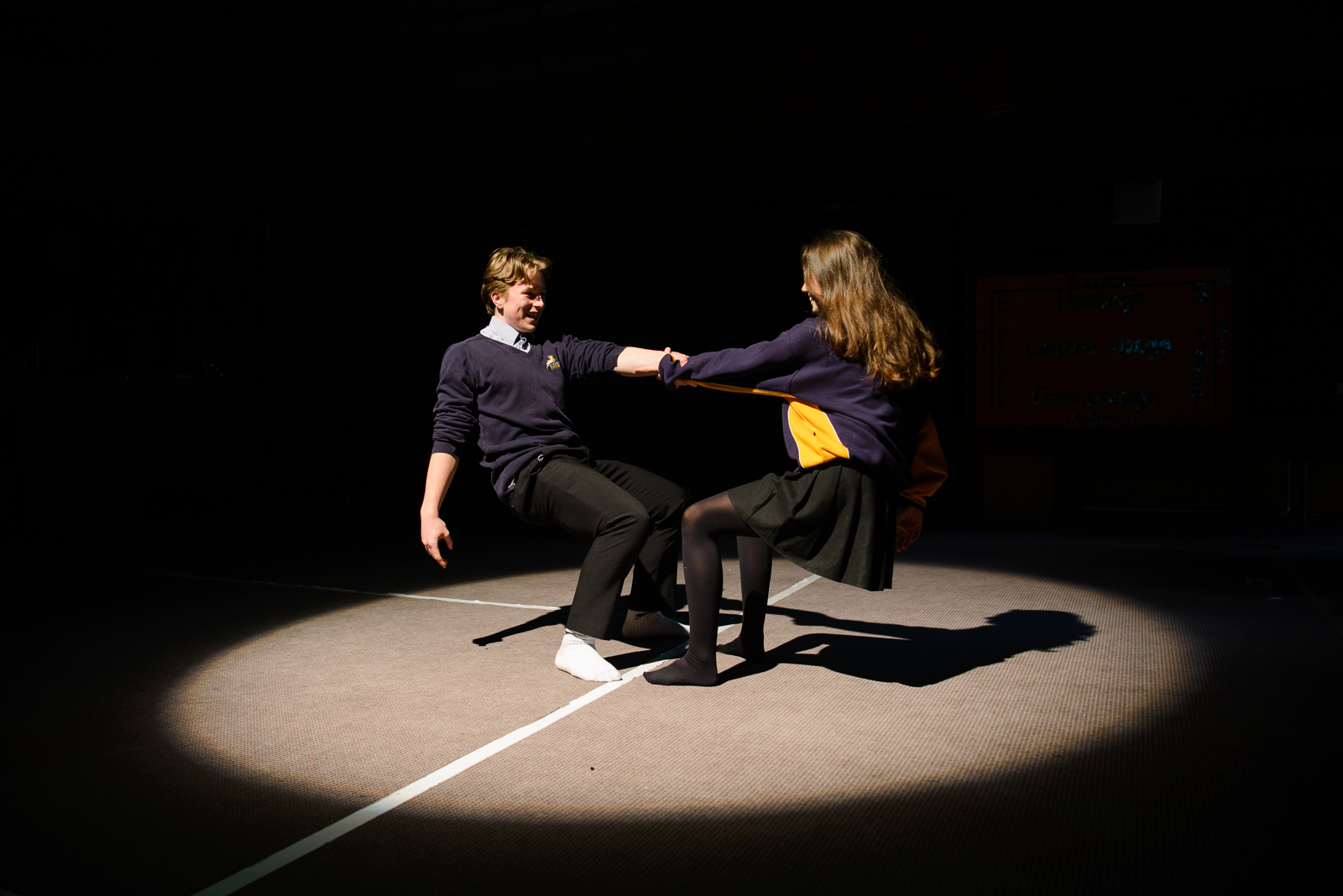#BlackLivesMatter

#BLM #BlackLivesMatter Black Lives Matter
Had we all physically been in school during June 2020, we would have had assemblies on the Black Lives Matter movement, which has been in the news so much recently. Although most of us are studying or working at home, it is still important for everyone to reflect on why #BLM is in the news.
Let us start by examining the History, before understanding more about why Black Lives Matter is campaigning for change today.
From the beginnings of the trans-Atlantic slave trade in the 16th century to the recent campaigns, racial equality has long been a campaign issue and is an area of History in which Britain has a complex past. Whilst we abolished the trans-Atlantic slave trade in 1807 and abolished slavery in the British empire from 1833, for hundreds of years Britain was at the heart of a racist institution that trampled upon the human rights of millions of innocent people. The scenes in Bristol on Sunday 7 June 2020 of the Edward Colston statue being pulled down are a powerful reminder that much of the wealth of cities including London, Bristol and Liverpool was built upon the enslavement and mistreatment of black Africans.
Whilst the abolition of slavery was undoubtedly a significant move towards racial equality, Britain continued to colonise the world, installing white British administrations to control countries in Africa, Asia, Oceania and the Caribbean. These administrations were based upon white supremacy and historic British governments carried out appalling crimes against humanity to control and suppress the local populations. Additionally, following the Second World War where Britain, and her Empire, fought for democracy and liberal freedom, racism was still a major part of society. From the Notting Hill Race Riots (1958), Enoch Powell’s infamous 'Rivers of Blood' speech (1968) and the Race Riots in the 1980s, racial tension and a lack of racial equality has continued to blight Britain and every day more stories emerge about ongoing issues in our society.
Around the world, racial inequalities have defined countries' histories and have laid the foundation for many of the modern problems we see now. In the USA, segregation laws, that treated black and white Americans differently, dominated parts of the USA for 100 years and it was only following decades of campaigns by the likes of Martin Luther King Jr and Malcolm X that legal change in the 1960s gave equal social status to all Americans. In South Africa, a system of Apartheid lasted for nearly 45 years until the early 1990s, and deprived black South Africans of basic civil rights to preserve the lives of a white minority. Only with the campaigns of famous individuals such as Nelson Mandela was freedom bought to millions in South Africa.
Racial equality is not a new campaign. It is a campaign that is hundreds of years old and one that is still as powerful and relevant today as it was 200 years ago. It is vital that we recognise the role we ALL play in this worldwide struggle for equality and that we learn from the mistakes and actions of our ancestors and continue to build a tolerant and open society.
#BlackLivesMatter was founded in 2013 in response to the acquittal of Trayvon Martin’s murderer. Trayvon was an unarmed American 17 year old with no criminal record who was killed by neighbourhood watch member George Zimmerman in February 2012. Zimmerman's initial release and later arrest sparked a national debate over racial profiling and the role of armed neighbourhood watch members in law enforcement. In July 2013, a jury acquitted Zimmerman of murder and the hashtag #BlackLivesMatter began to be used on social media as thousands took to the streets across America to protest the circumstances surrounding the teen's death.
The movement became nationally recognised for street demonstrations following the separate deaths of two more African Americans - Michael Brown and Eric Garner - at the hands of the police in 2014 and since then, participants have demonstrated against the deaths of numerous other African Americans by police actions and/or while in police custody. Black Lives Matter Foundation, Inc is an international human rights organisation, campaigning against violence and systemic racism towards black people.

#BlackLivesMatters returned to the news globally in May/June 2020 following the shocking death of George Floyd on 25 May who was killed in Minneapolis by a police officer. Despite the coronavirus pandemic, and worry about the spread of the virus, people of many backgrounds and ages have come together around the world, in mass gatherings and small socially distanced protests, to send messages of support to #BLM and anti-racism messages to their governments that it is time for change. Although George Floyd was not the first African-American to utter the words 'I can't breathe' before dying at the hands of US police, 'I can't breathe' and '8 minutes 46 seconds' may well become phrases that will always relate to this time, part of the History of the future.
Non violent protests are powerful, as illustrated by famous campaigners such as Martin Luther King Jr and Mahatma Gandhi. They are a democratic right and an example of Citizenship in Action. Imagery of a mass of people kneeling is more powerful than that of violence.
#BlackLivesMatter is not just about the events in the USA, it is about recognising that there is also systemic racism in the UK. And it is about change. If you want to know how to show solidarity, then watch the video below from Obioma Ugoala who very eloquently urges us to acknowledge the past, to educate yourself and others, and to speak up. As he says, using a quote from American activist and educator Angela Davis, 'It is not enough to be non-racist, we must be anti-racist.'

Artists have shared their experiences and stories over the years, from Billie Holiday's 'Strange Fruit' and Sam Cooke's 'A Change is Gonna Come' through to visual artists such as Chris Ofili and Kara Walker, and spoken-word artist George the Poet, to name but a very few. Most of us have access to a huge amount of information online, expand your horizons and educate yourself.
The National Curriculum provides opportunities for reflection on events past and present, their significance and impact on the future. However, we actively encourage our pupils to have a world view and to be agents of change for the benefit of everyone. We share our commitment to equality: our school standards reflect our inclusive ethos and promote respect, kindness and tolerance. Pupils wishing their voices to be heard on what is happening across the world today may want to submit an entry for this 100 Great Black Britons competition or find out more through the links below.
Chiquita Henson, Headteacher
Useful Links:
- BBC Newsbeat: The black British history you may not know about
- BBC Newsround: Black History in the United States - key moments from slavery to George Floyd
- Black Lives Matter
- Obioma Ugoala, actor and writer, on how to show your solidarity
- Barack Obama: How to Make this Moment the Turning Point for Real Change
Suggested Reads:
- Why I’m No Longer Talking to White People About Race by Reni Eddo-Lodge
- Noughts and Crosses by Malorie Blackman (or watch the recent TV adaptation on iPlayer)
- Natives by Akala
- Brit(ish) by Afua Hirsch
- How to Argue With a Racist by Adam Rutherford
A message from our Expressive Arts Faculty (with a clip taken from our pupils' version of 'The Resolution Song' recorded in December 2019):

